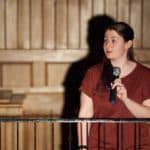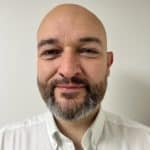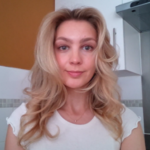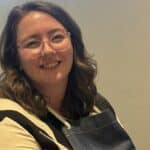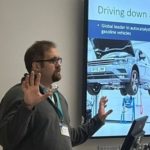Profile
Clemence Fraslin
-
My pronouns are:
she/her
-
My Interview
-
If you had 3 wishes for yourself what would they be? - be honest!
.
-


